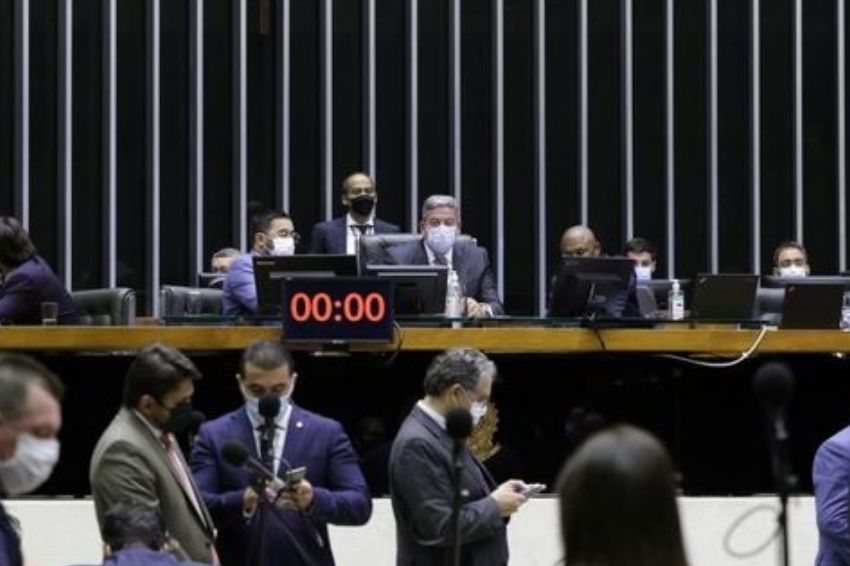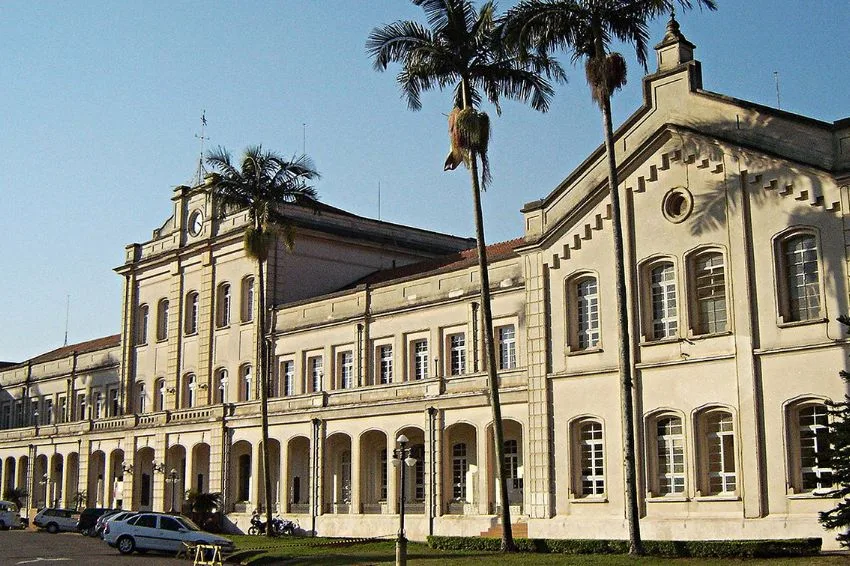With collaboration by Mateus Badra and Ericka Araújo
The proposal presented by the rapporteur of PL 5829 (Bill No. 5829/2019) was approved in the Chamber of Deputies late this Wednesday afternoon (18).
The document was discussed in a single round and received an absolute majority of votes. There were 476 in favor, three against and there were three other abstentions.
Voting on the highlights presented by parliamentarians is still expected and, once this stage is completed, it will go to a vote in the Senate, where half of the 81 parliamentarians will need to take a favorable position.
The text aims to create the Legal Framework for DG (distributed generation) in Brazil, attributing to ANEEL (National Electric Energy Agency) the responsibility for considering technical, environmental and social attributes for distributed micro and mini generation in the calculation of energy compensation .
The idea is to offer more legal and regulatory security for the sustainable growth of the Brazilian electricity sector, extending the collection of charges and tariffs for the use of transmission and distribution systems. (See here the proposed text approved today in the Chamber). The PL is authored by deputy Silas Câmara (Republicanos-AM) and its rapporteur is deputy Lafayette Andrada (Republicanos/MG).
“This is a very important project for Brazil, as it will lead to the democratization and popularization of the use of solar energy, which is cheap and available to everyone. Brazil is the country of the Sun, but today only those with better purchasing power are able to have it in their homes. Through this project, we will be able to do this (bring the benefits to more people)”, said Lafayette.
Initially, PL 5829 was scheduled to be voted on at the beginning of last year, but ended up being postponed due to the Covid-19 pandemic. The topic was resumed in December 2020, when the majority of deputies voted to urgently approve the text, allowing it to skip some steps in the processing process and go straight to voting, which ended up not being confirmed initially.
Throughout the year, the project was put on the agenda for voting in the Chamber of Deputies 11 times, but was not analyzed in any of the extraordinary sessions. The text was being left aside in the votes due to a lack of consensus among parliamentarians.
Voting in the Chamber
During today's vote in the Chamber, several deputies expressed their support for the document. Parliamentarian Danilo Forte (PSDB/CE), for example, said that today was important for the economy and for reducing social inequalities in Brazil.
“PL 5829 could offer us a new perspective. This is social inclusion and where we have seen renewable energy generating groups there is development, job creation and changes in people's income”, he highlighted.
The same was said by Erika Kokay (PT/DF), who also said that the text will help reduce the value of electricity bills and improve the lives of Brazilians. “There is currently a water crisis in Brazil, in which a substantial and vigorous increase in energy tariffs is expected in the coming years. In that case, what is the responsibility of this parliament? It is important to encourage photovoltaic energy!”, he commented.
Rodrigo Agostinho (PSB/SP), despite being in favor of the project, said he was against one of the points in the replacement text. “There is one point that is extremely complicated and that is leaving the entire sector in the hands of (ANEEL) National Electric Energy Agency”, he stated, referring to the 18-month period that the Agency will have to study and value the benefits of GD.
At the same time, some deputies said they were against the new replacement text, as was the case with Kim Kataguiri (DEM/SP). “I cannot agree with maintaining cross-subsidies until 2045, transferring income from the electricity bill from the poorest to the richest”, said the parliamentarian.
It is worth remembering, once again, that, after voting on the highlights, the text will go to the Senate. If it is also approved, it will only need to be sanctioned by President Jair Bolsonaro (no party) to come into force. The expectation is that the document will be approved by senators and receive presidential sanction in 2021.

















5 Responses
The government system feeds 24-hour taxes on cattle, and as solar energy has become fashionable for those who can afford it, it is logical that sooner or later the tax would come to the sun too, let's see how long it will take to have tax on oxygen
As a citizen of Amazonas, if I no longer trusted the representatives of the Amazonas bench, the personas não grata MARCELO RAMOS AND SILAS CAMARA WHO ARE AUTHORS OF PL 5829/2019 APPROVED IN THE SLEEP OF THE NIGHT PENALIZING TRUE BRAZILIAN PEOPLE WITH A TAX OF 30% ON ENERGY PRODUCED BY THE USUNA SOLAR THAT IT HAS THIS SYSTEM, THAT MOST BRAZILIANS WHO OBTAINED THE SOLAR ENERGY SYSTEM WOULD ADQUIRE WITH SACRIFICES OF THEIR CONDITIONS THAT THEY CANNOT USE AND PEACE THE ENERGY PRODUCED BY THE CHINESE, PLUS THE WORD OF GOD IN ECLESIATES 3rd SAYS THERE IS TIME FOR EVERYTHING UNDER THE HEAVEN - TIME TO PLAN AND TIME TO HARVEST, SO THESE TWO DEPUTIES WHO I THINK ARE NOT AMAZONENESE WILL ALSO HAVE THE TIME NOT TO REJECT THEMSELVES THAT THEY RECORD WELL THIS WORD FROM THE LORD JEJUS CHRIST OF NAZARE
It's about time we had this regulatory framework. We could no longer rely on regulatory agency resolutions to develop GD's solar energy projects.
Congratulations to everyone involved who made this happen.
Good afternoon Henry.
I have been searching and have not yet found the highlights that should be voted on before sending the PL to the Senate. Can you tell me, at least in general terms, what are the points to be discussed?
Thank you very much.
See what the law looks like: https://canalsolar.com.br/principais-mudancas-do-marco-legal-da-gd/